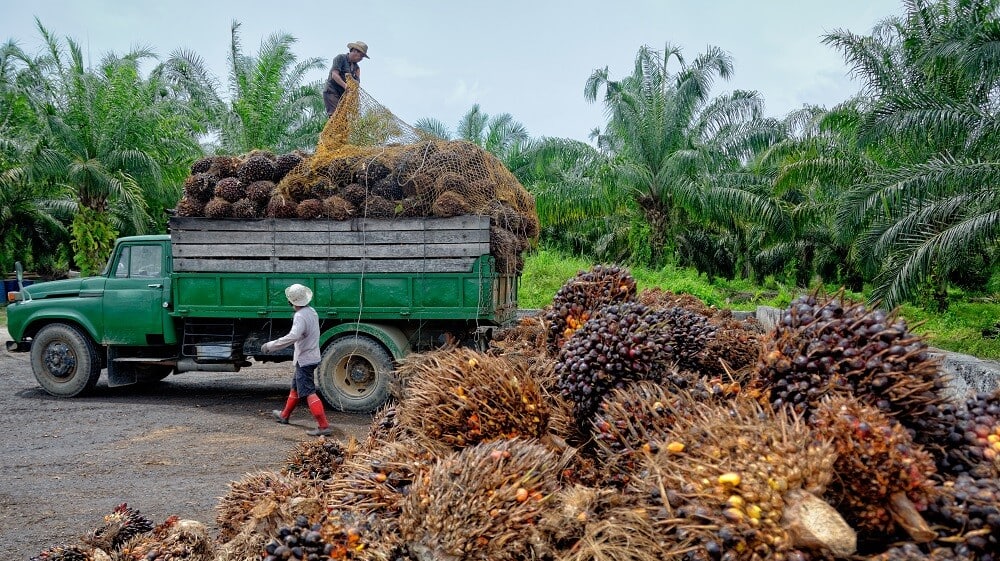
Why Malaysia modified its 'orangutan diplomacy'
What's the story
Malaysia, the world's second-largest palm oil producer, has been grappling with environmental challenges linked to its industry.
The palm oil sector has been associated with deforestation and the destruction of orangutan habitats.
In response to these issues, Johari Ghani, Malaysia's Plantation and Commodities Minister, has revised his initial proposal of gifting endangered orangutans to palm oil-importing nations.
Policy shift
New proposal invites sponsorship for orangutan conservation
Ghani's new proposal, announced on Sunday (August 18), invites importers of Malaysian palm oil to "sponsor" one or more orangutans.
The funds raised through this initiative will be directed toward their conservation within Malaysia.
This policy shift comes after the initial idea faced strong criticism from wildlife conservationists who labeled it as "obscene" and "repugnant."
Diplomatic inspiration
'Orangutan diplomacy' was inspired by China's 'panda diplomacy'
Ghani first introduced his plan to gift orangutans to palm oil-buying countries in May, drawing inspiration from China's "panda diplomacy."
The latter is a practice where pandas are sent from China to other nations as a diplomatic gesture and wildlife conservation effort.
Orangutans are native to the rainforests of Borneo and Sumatra, areas shared by Malaysia, Indonesia, and Brunei.
Endangered species
Orangutan population threatened by deforestation
The World Wildlife Fund reports that the orangutan population is currently around 120,000 and is under threat due to rapid deforestation primarily caused by palm oil plantations.
Ghani's policy revision aims to address these environmental concerns while promoting Malaysia's commitment toward sustainable palm oil production.
Policy critique
Criticism and comparison with China's 'panda diplomacy'
Animal welfare groups had criticized Malaysia's initial strategy as hypocritical.
They argued that it is contradictory to destroy forests for palm oil production, where orangutans live, and then offer them as gifts in return for "getting favors" from trading nations.
Stuart Pimm, chair of conservation ecology at Duke University, highlighted a significant difference between Malaysia's proposed "orangutan diplomacy" and China's "panda diplomacy," noting that China has state-of-the-art facilities for pandas and protected areas that safeguard wild panda populations.